To provide the best experiences, we use technologies like cookies to store and/or access device information. Consenting to these technologies will allow us to process data such as browsing behaviour or unique IDs on this site. Not consenting or withdrawing consent, may adversely affect certain features and functions.
The technical storage or access is strictly necessary for the legitimate purpose of enabling the use of a specific service explicitly requested by the subscriber or user, or for the sole purpose of carrying out the transmission of a communication over an electronic communications network.
The technical storage or access is necessary for the legitimate purpose of storing preferences that are not requested by the subscriber or user.
The technical storage or access that is used exclusively for statistical purposes.
The technical storage or access that is used exclusively for anonymous statistical purposes. Without a subpoena, voluntary compliance on the part of your Internet Service Provider, or additional records from a third party, information stored or retrieved for this purpose alone cannot usually be used to identify you.
The technical storage or access is required to create user profiles to send advertising, or to track the user on a website or across several websites for similar marketing purposes.
 Nearly three quarters (71 per cent) of building design and construction experts agree that BIM (Building Information Modelling) represents “the future of project information” and 39 per cent confirmed that they are already using it. But the annual industry-wide BIM survey, undertaken by NBS, reveals a lack of clarity around the subject which could prove an obstacle to its more rapid adoption. 74 per cent of those polled agreed that the industry is “not clear enough on what BIM is yet” and only around one-third claim to be “very” or “quite” confident in their BIM knowledge and skills.
Nearly three quarters (71 per cent) of building design and construction experts agree that BIM (Building Information Modelling) represents “the future of project information” and 39 per cent confirmed that they are already using it. But the annual industry-wide BIM survey, undertaken by NBS, reveals a lack of clarity around the subject which could prove an obstacle to its more rapid adoption. 74 per cent of those polled agreed that the industry is “not clear enough on what BIM is yet” and only around one-third claim to be “very” or “quite” confident in their BIM knowledge and skills.








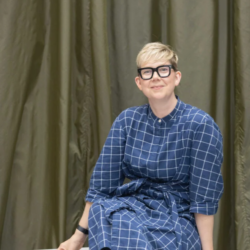


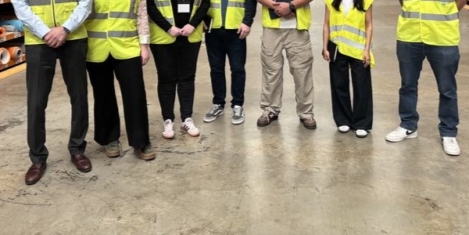
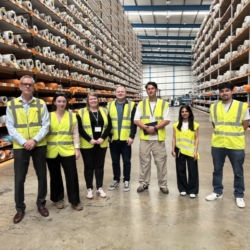
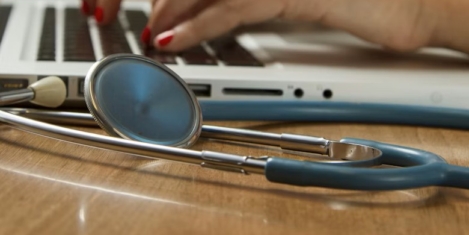
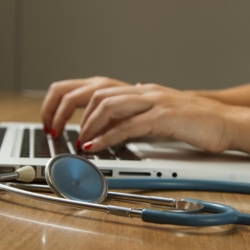
















September 4, 2013
Facilities managers should harness information to show the value of what they do
by Mark Eltringham • Comment, Facilities management
(more…)